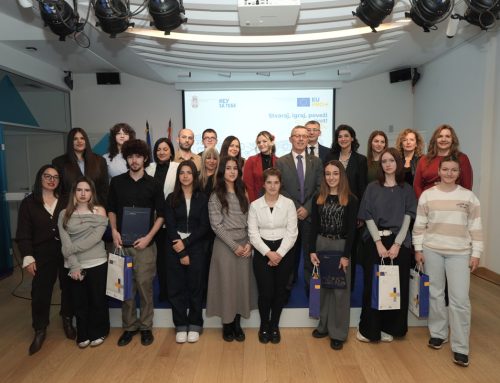EUR 175 million for IPARD in Serbia has been allocated for the years 2014-2020, in annual instalments in the form of grants. The first allocation for Serbia under IPARD is for 2015; these funds remain available to Serbia until the end of 2018.
The Serbian authorities are in the process of preparing the management and control systems for the implementation of the IPARD programme. This system must comply with good governance standards of a modern public administration accepted in the EU Member States.
The authorities’ work is guided by specific recommendations issued by the European Commission after an audit of the IPARD management and control systems in May- June this year. Once this work is done, the Serbian authorities will resubmit their request for accreditation. The Commission will then re-assess improvements and either recommend additional action or issue an accreditation and entrust the management of IPARD to Serbia.
Once the entrustment decision is taken, individual calls will be launched in the areas selected by the Serbian Government (see below).
The main objectives are to increase food safety in Serbia and improve competitiveness of the agro-food sector, as well as to help Serbia progressively align with EU standards ahead of Serbia’s accession to the EU.
IPARD grants will directly benefit Serbian farmers, businesses and rural communities. Applicants will be able to use grants for up to 70% of eligible expenditure. It is estimated that EUR 175 million in IPARD grants should lead to a total investment in agriculture of approximately EUR 400 million (around 50 billion dinar).
The Serbian authorities have selected six main measures that will be supported with EU grants:
- Investments in agricultural holdings by farmers producing milk, meat, fruit and vegetables and other crops;
- Investments in processing and marketing of agricultural products for micro, small and medium-sized enterprises processing milk, meat, fruit and vegetables;
- Organic farming;
- Local development in rural areas by Local Action Groups (specially public-private partnerships);
- Farm diversification and business development for private rural tourism facilities;
- Technical Assistance.




